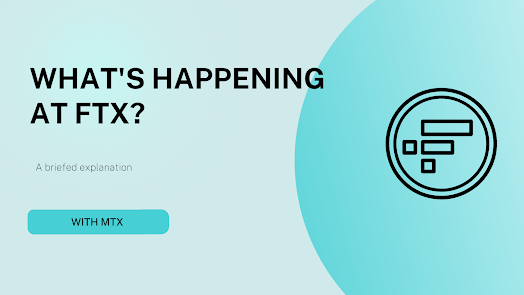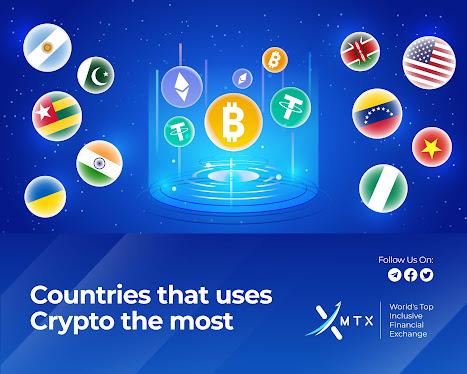A DeFi liquidity pool is a smart contract that locks tokens to make sure that those tokens are always available on a decentralised exchange. Users who give tokens to the smart contract are called "liquidity providers."
DeFi liquidity pools came about as a new and automated way for decentralised exchanges to deal with the liquidity problem. They replace the traditional order book model used by centralised crypto exchanges, which was taken straight from the established financial markets.
In this model, the exchange acts as a market where buyers and sellers can meet and agree on prices for assets based on how much demand and supply there is for them. But this model only works if there are enough buyers and sellers to make the market liquid. So, the job of market makers is to make sure that there is always someone to meet the demand, which keeps prices fair by adding liquidity.
For a decentralised exchange, the basic model has been shown to not work. Ethereum's high gas fees and slow block time make it unattractive to market makers. Because of this, liquidity pools have become the go-to solution in decentralised finance because they offer decentralised trading platforms continuous, automated liquidity.
2.
How do DeFi liquidity pools work?
In its simplest form, a DeFi liquidity pool is just a smart contract that holds two tokens. These two tokens make up a trading pair.
Let's use Ether (ETH) and USD Coin (USDC) as examples. To keep things simple, the price of ETH can be equal to 1,000 USDC. Liquidity providers put in the same amount of ETH and USDC. This means that if someone put in 1 ETH, they would also have to put in 1,000 USDC.
Because of the liquidity in the pool, if someone wants to trade ETH for USDC, they can do so based on the funds that have been deposited instead of waiting for a trade partner to come along.
The people who provide liquidity are rewarded for what they do. When they make a deposit, they get a new token called a "pool token" that represents their stake. In this case, USDCETH would be the pool token.
All liquidity providers get their fair share of the trading fees paid by users who use the pool to swap tokens. This is done automatically based on the size of each liquidity provider's stake. So, if the trading fees for the USDC-ETH pool are 0.3% and a liquidity provider contributed 10% of the pool, they are entitled to 10% of 0.3% of the total value of all trades.
When a user wants to get their money out of the liquidity pool, they have to burn their pool tokens and then they can get their money.
3.
What are the risks of DeFi liquidity pools?
The algorithm that decides how much an asset is worth could fail, slippage could happen because of big orders, smart contracts could fail, and more.
The price of assets in a liquidity pool is set by an algorithm that keeps changing based on how much trading is going on in the pool. If the price of an asset is different from the price on the global market, arbitrage traders who make money from price differences between platforms will move to take advantage of the difference.
When prices go up and down, liquidity providers can lose some of the value of their deposits. This is called a "temporary loss." Once a provider takes their deposit back, however, the loss is permanent. Depending on the size of the change and how long the liquidity provider has had their deposit at risk, transaction fee rewards may be able to make up for some or all of this loss.
Smaller pools can lose money because of slippage if someone suddenly wants to make a big trade. This is because of how the pricing algorithm works.
If the code that runs DeFi hasn't been audited or isn't fully secure, users face other risks, like smart contracts that don't work. Before you put any money in, make sure you know all the risks.
4.
What are the benefits of DeFi liquidity pools?
The most obvious benefit of liquidity pools is that they make sure that traders who want to use decentralised exchanges always have access to liquidity. They also give you the chance to make money with your cryptocurrency by becoming a liquidity provider and getting paid for transactions.
Also, many projects and protocols will give liquidity providers extra incentives to make sure that their token pools stay big. This will lower the risk of slippage and make trading better. So, there is a chance to make more money by becoming a liquidity provider in exchange for yield farming reward tokens.
5.
How can I join DeFi liquidity pools?
Depending on the platform, there are different ways to join DeFi liquidity pools. In general, one would need to create an account on the platform of choice and then connect an Ethereum wallet like MetaMask or other Web 3.0 wallets from the homepage. Once that is done, tokens can be put into the appropriate liquidity pool.
On platforms like MTX, a person would have to look for a specific pair they want to provide liquidity for and then connect their wallet. A user can put tokens into the pool after checking the returns, such as the pool ratio and the exchange rate.


.jpg)





.jpg)
